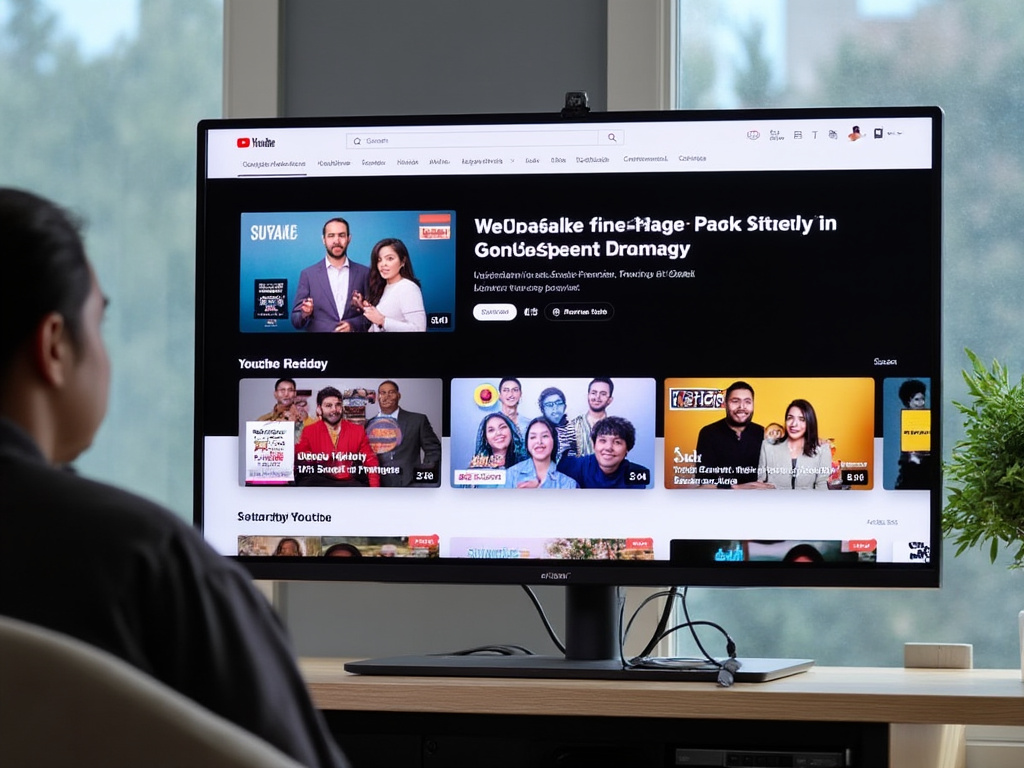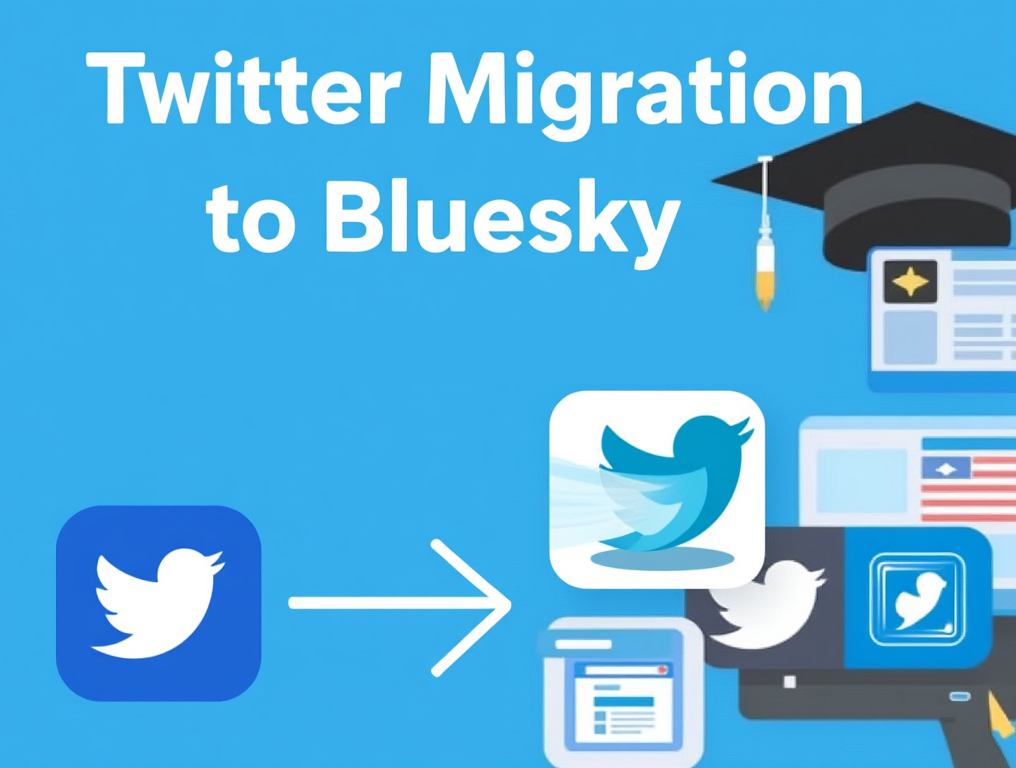
In a move that might catch the eye of budget-conscious streaming enthusiasts, YouTube has once again dipped its toes into the waters of a more affordable subscription model with the revival of YouTube Premium Lite. This isn’t the first rodeo for Premium Lite; after initially being nixed, it’s making a comeback, but with an interesting twist this time around.
A Return with Modifications:
Originally, YouTube Premium Lite was introduced as a less expensive alternative to the full Premium subscription, focusing purely on an ad-free viewing experience without the bells and whistles like offline downloads or YouTube Music. However, its return sees it not entirely ad-free but with limited ads, marking a shift from its original promise of a completely uninterrupted viewing experience.
Testing Grounds:
Currently, this rebooted version of Premium Lite is under the microscope in several countries, but notably, the U.S. is not on the list for this trial run. The cost? While specifics might differ by region, the general pricing model suggests it’s priced at nearly half the cost of the standard YouTube Premium, aiming to attract users who are ad-averse but not entirely against the occasional ad if it means saving money.
User Sentiment on X:
The reaction on platforms like X shows a mix of curiosity and mild disappointment. Users have expressed interest in a cheaper alternative but are also questioning the value of a “lite” version that still includes ads, albeit limited. There’s a sentiment that for many, the full ad-free experience was the primary allure of YouTube Premium, and diluting that might not align with their expectations.
Implications for YouTube’s Strategy:
YouTube’s experimentation with different pricing models and features could be part of a broader strategy to cater to diverse user needs. Here’s what this move might signify:
- Market Segmentation: By offering different tiers, YouTube could be aiming to segment its market further, capturing users who are on the fence about the more expensive Premium subscription but still want some form of ad reduction.
- Global Expansion: The testing in select markets might be a step towards understanding global pricing elasticity, helping YouTube tailor its offerings more effectively worldwide.
- Revenue Diversification: While ads are a significant revenue source, subscription models help diversify income streams, and YouTube might be testing the waters to see how low they can go in terms of pricing while still keeping users subscribed.
Conclusion:
The reintroduction of YouTube Premium Lite with limited ads poses an interesting question about user preferences and the threshold for ad tolerance. While some might see this as a downgrade from the original Lite promise, others might find the pricing attractive enough to give it a shot, especially in regions where full ad-free streaming at a standard Premium price might be a luxury. As YouTube continues to evolve its subscription offerings, it clearly aims to find that sweet spot where price meets value for a broader audience. This move not only reflects YouTube’s agility in responding to market demands but also its ongoing experiment to see just how ‘premium’ their ‘lite’ can be.




